Wear OS 4: New features, One UI 5 Watch, and more
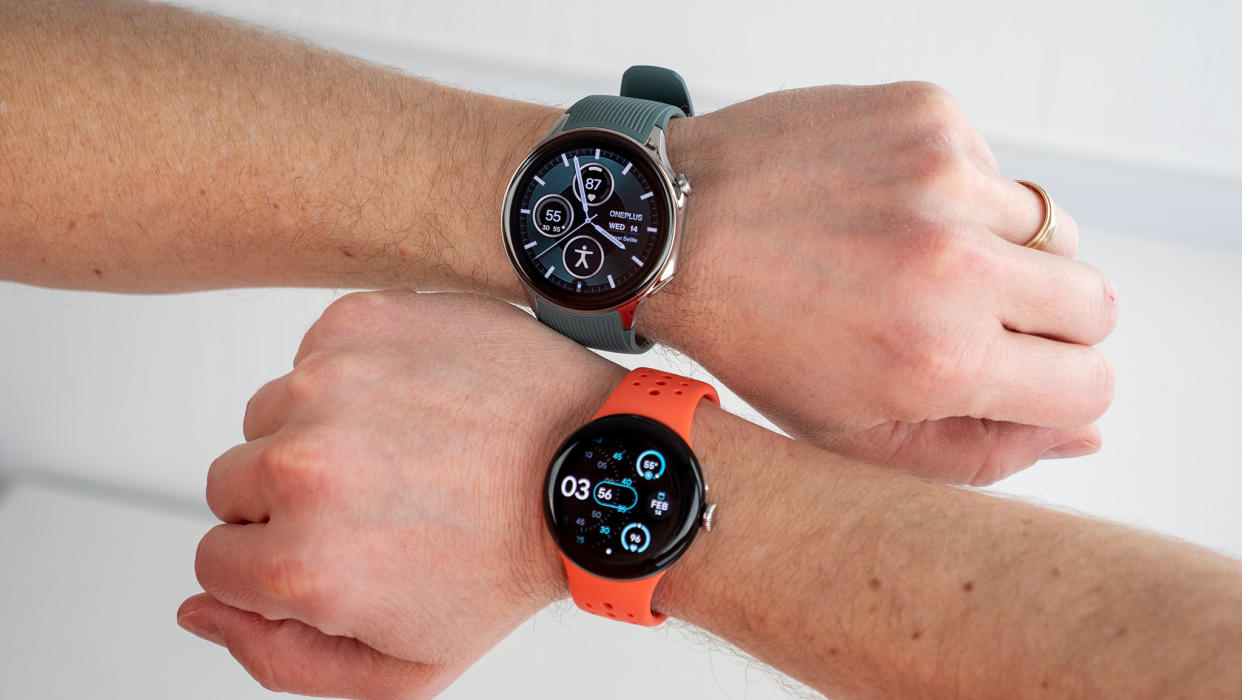
Taking us by surprise, Google debuted Wear OS 4 with the launch of the Samsung Galaxy Watch 6 in August 2023. The Watch 6 was the first wearable to run One UI 5 Watch based on Wear OS 4. Meanwhile, the Pixel Watch 2 was the first smartwatch to run stock Wear OS 4.
Many Android watches are still waiting for the new wearable platform update, but select new releases come with the OS out of the box. For example, the OnePlus Watch 2 runs Wear OS 4 right out of the gate.
So, while there are many watches with Wear OS 4 and countless more that await the update, let's talk about the software itself. What exactly does Wear OS 4 bring to the table, and how does One UI 5 Watch differ from the stock Wear OS found on the Pixel Watch 2?
We'll break down everything and explain how Wear OS 4 improves upon the best Android smartwatches on the market.
Wear OS 4 release date
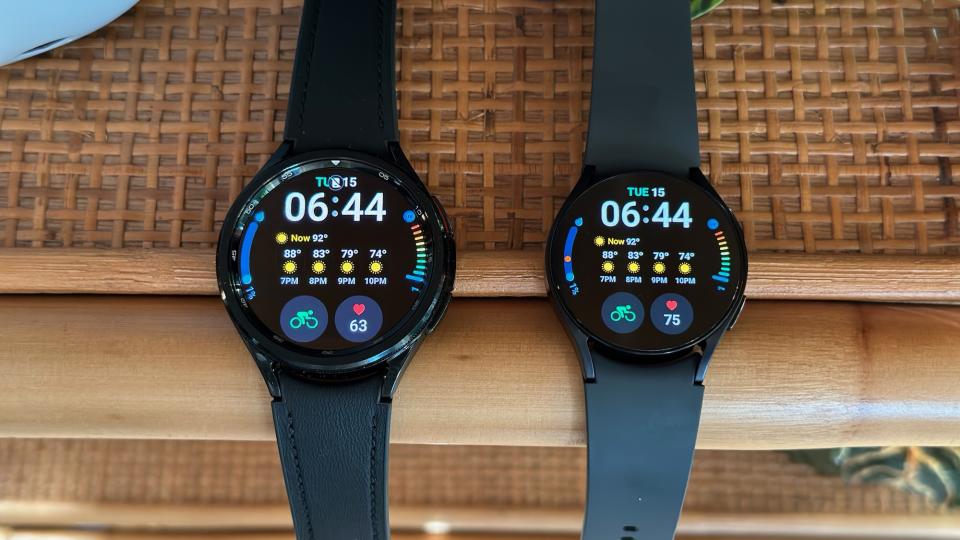
Google launched Wear OS 4 with the Galaxy Watch 6 and Watch 6 Classic on August 11, 2023. A few months later, the Pixel Watch 2 came out with the stock version of the OS on October 12, 2023. This was also when Google started rolling out the stable build of Wear OS 4 to other Android wearables, including the last-gen Pixel Watch.
As for Samsung's take on Wear OS 4, many of the older generations of the Galaxy Watch family have already received the One UI 5 Watch update. Both the Galaxy Watch 5 series and the Galaxy Watch 4 series have received the latest One UI 5 Watch based on Wear OS 4 update.
Wear OS 4: New features
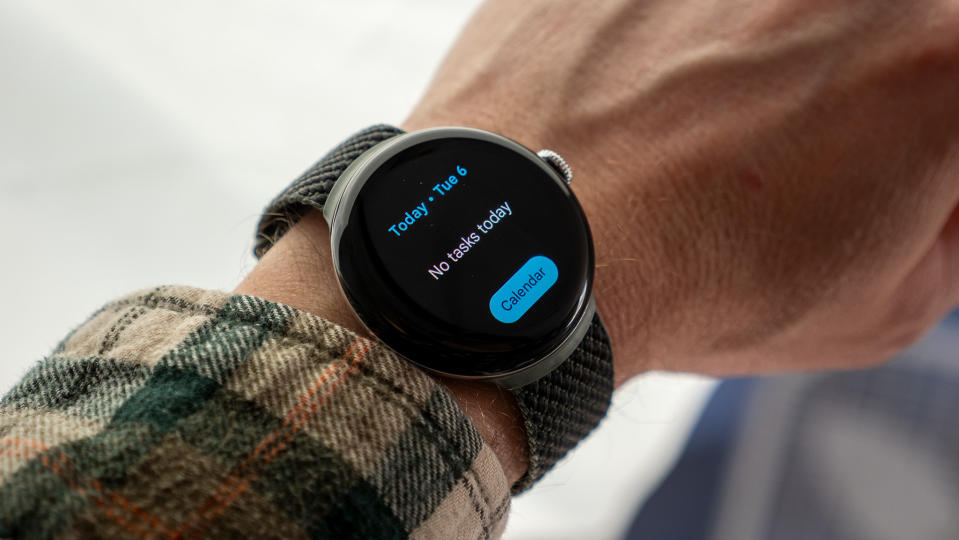
As announced at Google I/O 2023, Wear OS 4 adds apps for Gmail and Google Calendar for the first time. You are now able to "quickly respond to emails...check your schedule, view and RSVP to events, and update task statuses" on your wrist.
Other additions include the new WhatsApp Wear OS app and Spotify's new updates such as the Tiles focused on podcasts, most-played songs, and the in-app DJ. Google Home has new controls like the ability to unlock your smart lock or check your Nest Doorbell feed on your wrist.
One of the bigger changes is the new Wear OS Watch Face Format co-created by Google and Samsung. Unlike the old Jetpack watch faces that had to be constantly optimized for better battery life and performance, new watch faces use "a declarative XML format" instead of actual code. Wear OS itself renders the watch face, so developers "no longer have to worry about code optimizations or battery performance." You can customize your own watch faces, complete with custom designs and behaviors.
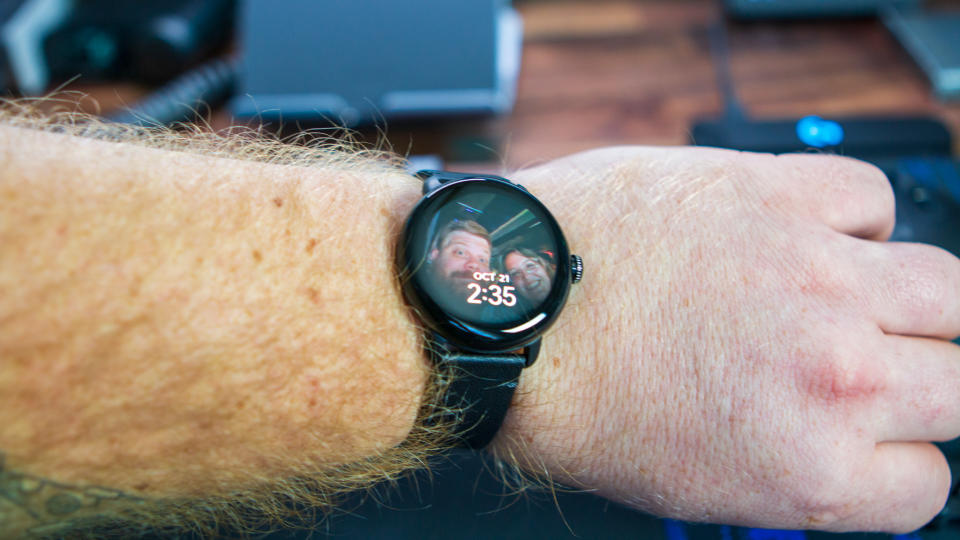
Last and certainly not least, Google finally brought a more seamless data transfer option to the Pixel Watch and Pixel Watch 2. Users can now backup and restore data on Wear OS 4. You can back up Galaxy Watches, but owners of stock Wear OS watches have been requesting the feature for years.
Plus, during the set-up process for any Wear OS watch, your app permissions "will automatically carry over" from your Android phone, Google says.
As for other Wear OS 4 updates, new changes like "power optimizations" make apps run more efficiently than in Wear OS 3, as well as new data types in Health Services. Essentially, third-party apps are able to access more of your health-sensor data, so long as you enable permissions for them to do so first.
One UI 5 Watch
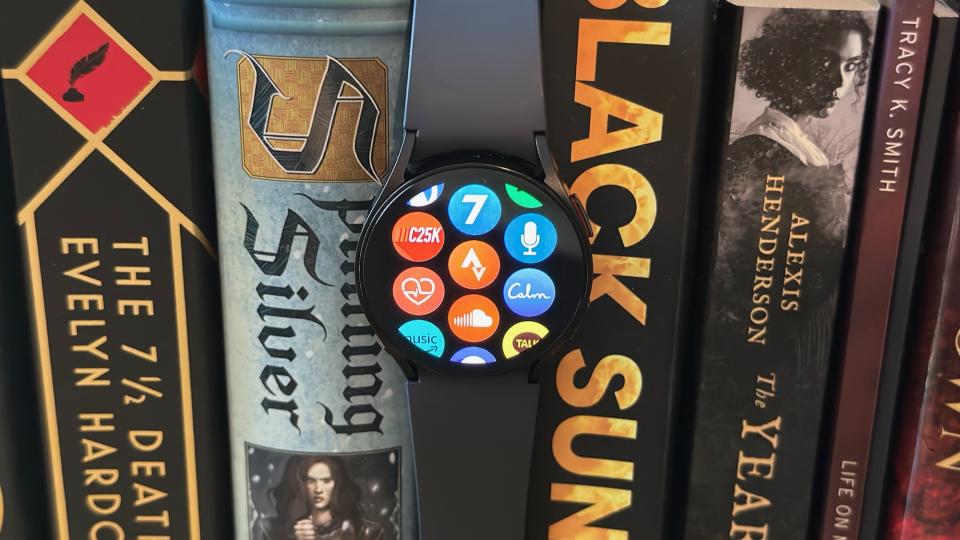
One UI 5 Watch technically isn't associated with Google's version of Wear OS 4, as Samsung's version preceded it by a few months. But One UI 5.5 Watch is based on the final Wear OS 4.
First, One UI 5 Watch adds irregular heart rate notifications based on your heart rate monitor. Approved by the FDA, Samsung's AFib detection directs you to take an ECG on your Galaxy Watch 5 (or other models) for a more direct reading.
Next, a new Sleep Insights UI gives you a redesigned sleep score and Enhanced Sleep Coaching, and the watch no longer flashes the green LEDs when it detects possible sleep — a frequent complaint from users. Plus, it now offers menstrual cycle tracking using the skin temperature sensor.
On the fitness side, Samsung incorporated personalized workout intensity levels and heart rate zones. It also implements fall detection and better SOS functionality. As for Galaxy Watch 5 Pro users, they are now able to directly access a GPX map database to install running and hiking maps for their workouts.
Even though Samsung is running behind Apple in fitness, these features are certainly a welcome sign that it's taking fitness software more seriously.
You also receive three key new Wear OS apps on the Galaxy Watch series: a revamped Samsung Wallet app, WhatsApp, and ThermoCheck.
